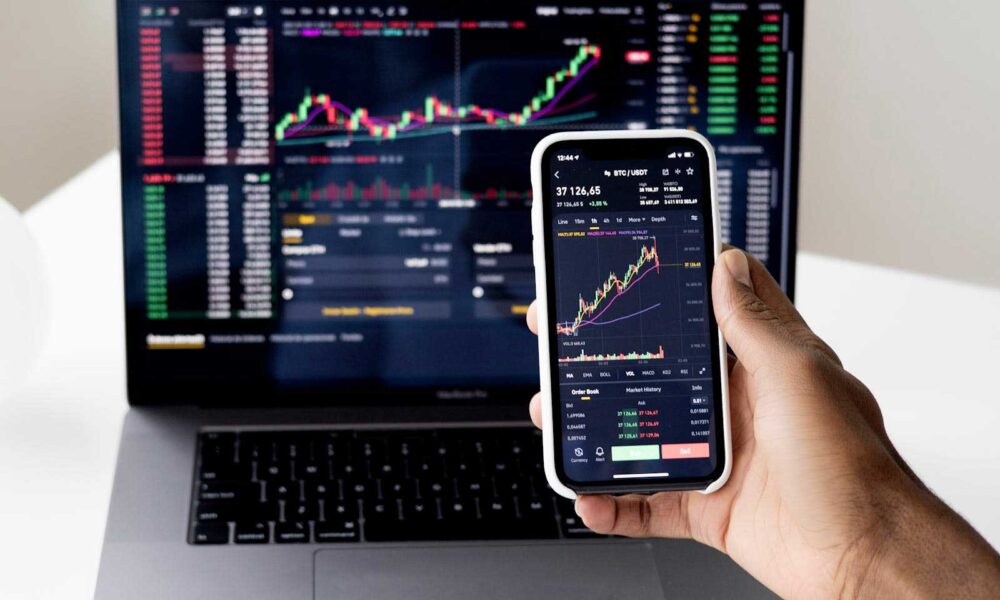In an increasingly interconnected world, global events have become essential platforms for businesses and organisations to showcase their products, services, and ideas on an international stage. However, with the significant investment required to participate in such events, measuring Return on Investment (ROI) has never been more critical. This blog explores the challenges of evaluating ROI in global events, the role of advanced analytics in this process, and the importance of considering cross-cultural factors for a comprehensive assessment.
Understanding the Complexity of Global Events
Global events, ranging from industry conferences to trade shows and international expos, present unique challenges for measuring ROI. Unlike localised events, global gatherings involve diverse audiences, cultural nuances, and varying market conditions. Traditional ROI metrics may fall short in capturing the full impact of these events, necessitating a more sophisticated approach.
Advanced Analytics: A Game-Changer in ROI Assessment
- Data Integration
Leveraging advanced analytics involves the integration of data from various sources. This may include attendee demographics, social media engagement, lead generation, and post-event surveys. By consolidating this information, businesses gain a comprehensive view of the event’s impact.
- Real-time Monitoring
Unlike conventional methods that rely on post-event analysis, advanced analytics enable real-time monitoring. This allows businesses to make informed decisions during the event, optimising strategies based on immediate feedback and engagement metrics.
- Predictive Analytics
Predictive analytics play a crucial role in forecasting the long-term impact of global events. By analysing historical data and identifying patterns, businesses can anticipate trends, measure potential leads, and strategically plan follow-up actions.
Cross-Cultural Considerations
- Cultural Sensitivity
Global events bring together individuals from diverse cultural backgrounds. Understanding and respecting cultural differences are essential for tailoring marketing messages, booth designs, and engagement strategies. Analytics should consider cultural nuances in evaluating the success of these adaptations.
- Language and Communication
Effective communication is pivotal in global events. Advanced analytics should assess the performance of multilingual content, ensuring that language barriers do not hinder engagement. Tracking language-specific interactions provides insights into the effectiveness of communication strategies.
- Regional Market Dynamics
Each region comes with its own economic and market dynamics. Analysing the impact of global events requires considering how the event aligns with the specific needs and challenges of each region. Metrics should be region-specific to provide a more accurate representation of ROI.
Measuring ROI in global events demands a strategic blend of advanced analytics and cross-cultural considerations. Businesses that invest in these approaches gain a competitive edge by understanding the intricate web of data generated by global events. As the world continues to shrink through technology, mastering the art of assessing ROI in global events becomes not just a challenge but a necessity for those seeking sustainable international success.





